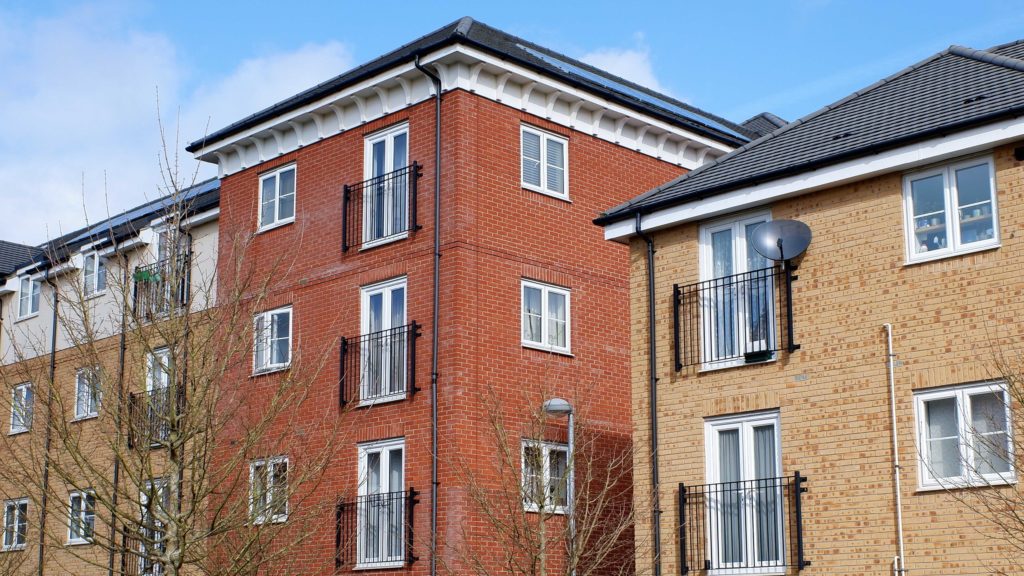
Leasehold Reform (Ground Rent) Act 2022: The Demise of Ground Rents?
Wednesday 15th June 2022
The Leasehold Reform (Ground Rent) Act 2022 comes into force on 30 June 2022.
The Leasehold Reform (Ground Rent) Act is part of the Government’s plans to make leasehold property ownership more affordable, transparent and fairer. It puts an end to ground rents for new, as well as qualifying long residential leasehold, properties in England and Wales. Flats are typically held on qualifying leases, with terms of more than 21 years. There has been recent controversy about new-build homes being sold, unjustifiably, on a leasehold basis so that ground rent could be charged.
What is ground rent?
‘Ground rent’ refers to a low or nominal rent paid by a tenant to their landlord, usually annually, under a long lease. The landlord is often the freehold owner.
Ground rent is intended to reimburse landlords for any costs they’ve paid, like a service charge. Expensive ground rents have recently been causing problems for owners of leasehold properties, particularly where the ground rent increases exponentially each year.
Once the Leasehold Reform (Ground Rent) Act comes into force, only a token “peppercorn rent” will be allowed on the grant of new long leases from 30 June 2022 onwards. A peppercorn rent has no financial value and refers to the historic and traditional practice of providing a peppercorn to satisfy the requirements of making a contract.
The Act also ensures that landlords can’t get around this rule by banning freeholders from charging administration fees for collecting the peppercorn rent. The Act is a positive step for owners of leasehold properties.
Are there any exceptions?
There are a few exceptions to the Act, such as applicable community-led housing and certain financial products. Business leases, which include a dwelling that substantially contributes to the business purposes (e.g. a caretaker’s flat) are excluded. Statutory lease extensions for houses and flats have not changed, so are exempt from the Act.
For existing leaseholders entering into voluntary lease extensions, the rent for the extended portion of the lease will be reduced to a peppercorn. However, the existing ground rent can apply for the remainder of the original term.
The Leasehold Reform (Ground Rent) Act will apply to retirement properties but not until 1 April 2023.
What does this mean for landlords of leasehold residential properties?
Freeholder landlords need to be aware of these changes. Fines of up to £30,000 will be imposed where ground rent is charged in contravention of the Act.
Existing leases will not be affected. However, freeholders could be caught out if they vary a lease to the extent that it amounts to surrender and re-grant. This is effectively a new lease, not a variation. For example, an enlargement of the property that is leased could amount to the grant of a new long lease.
The Leasehold Reform (Ground Rent) Act is only the first part of the Government’s package of reforms to create a fairer housing system in England and Wales. We will keep you updated on further reforms.
If you have any questions about this or any other property matters, please contact a member of our property disputes team.

